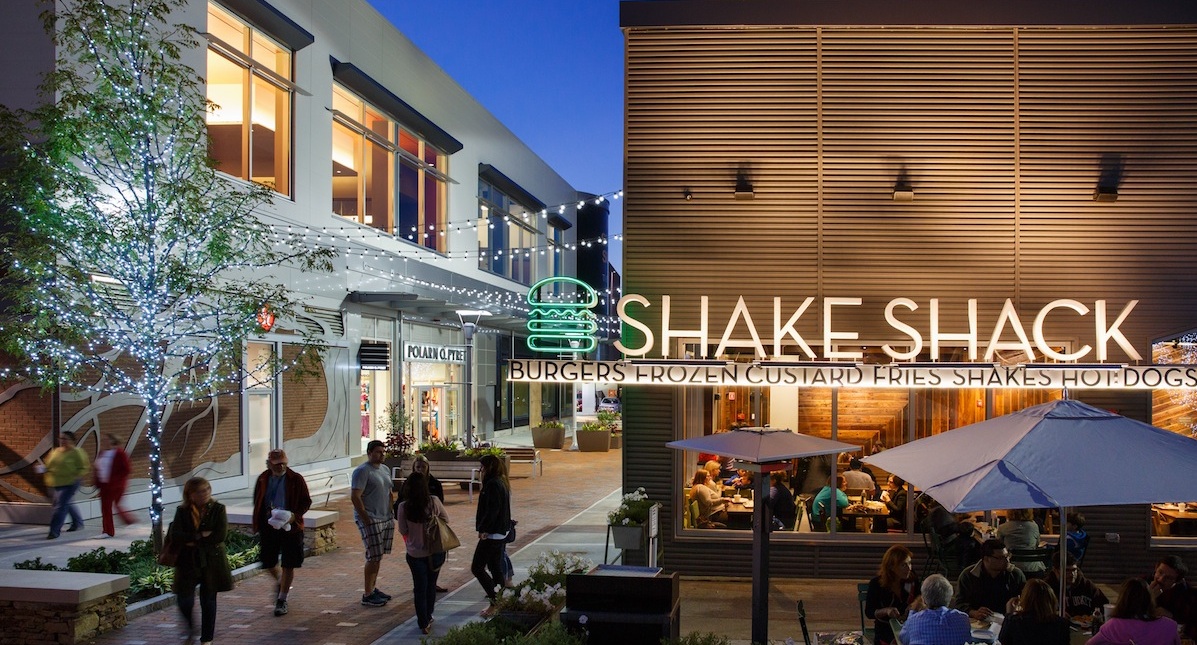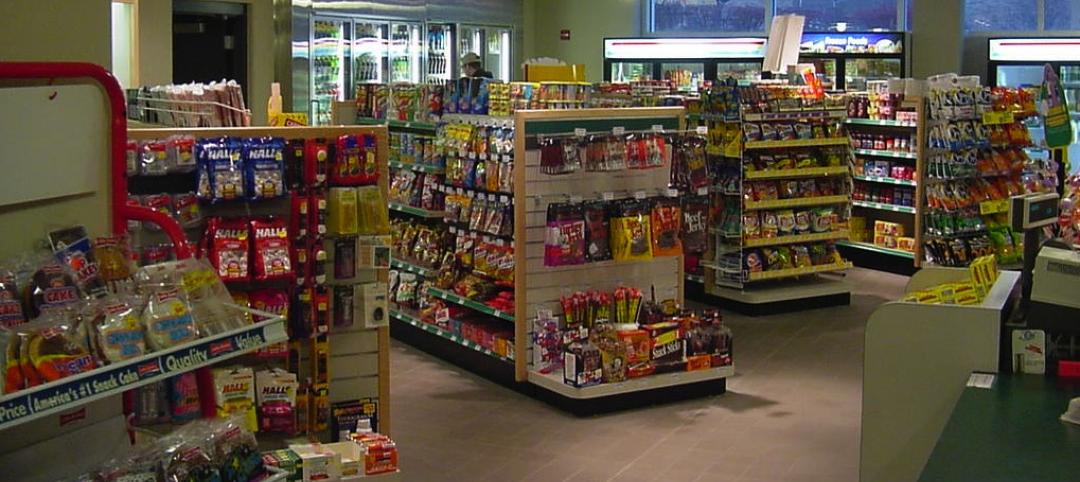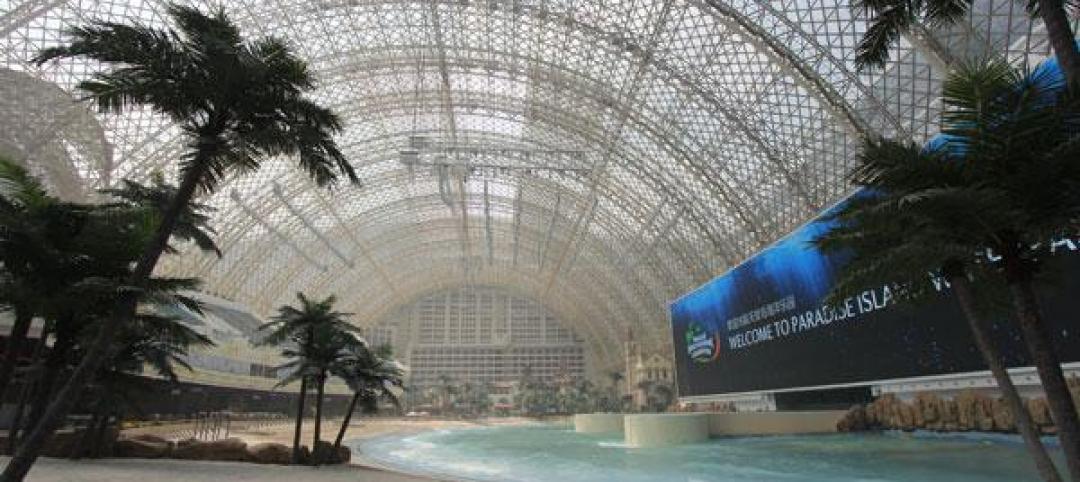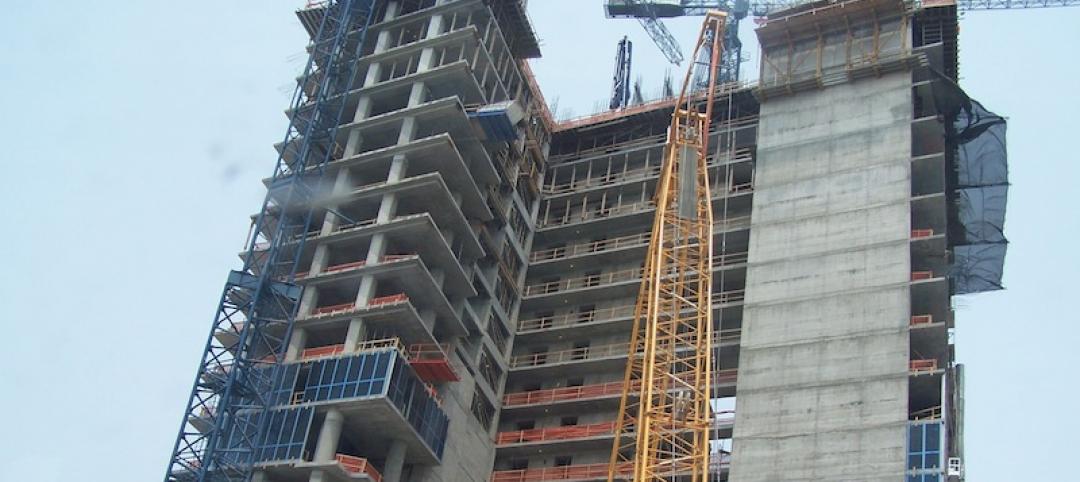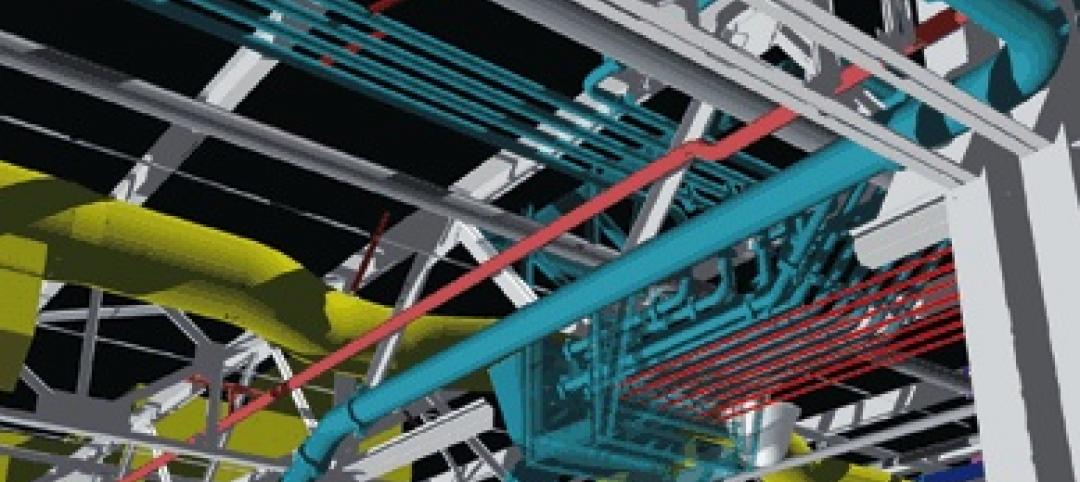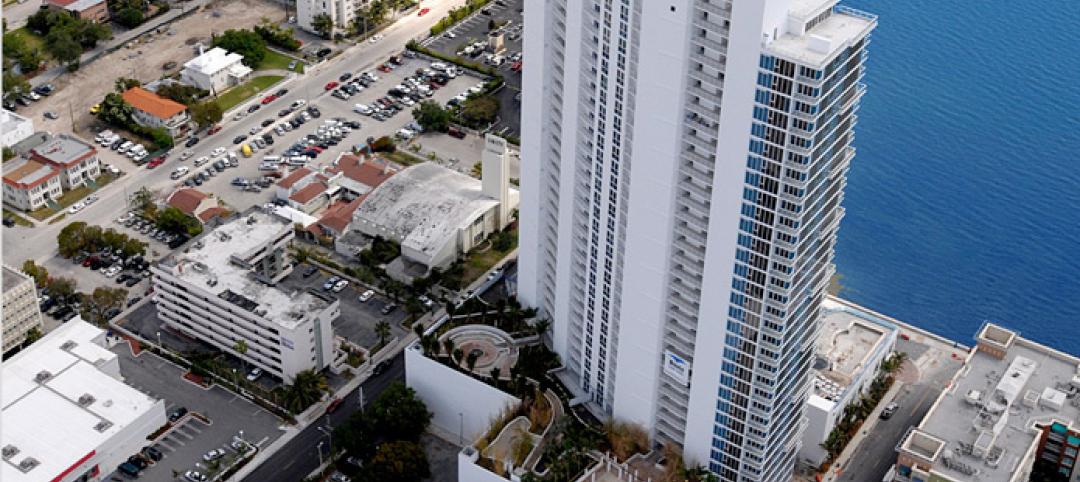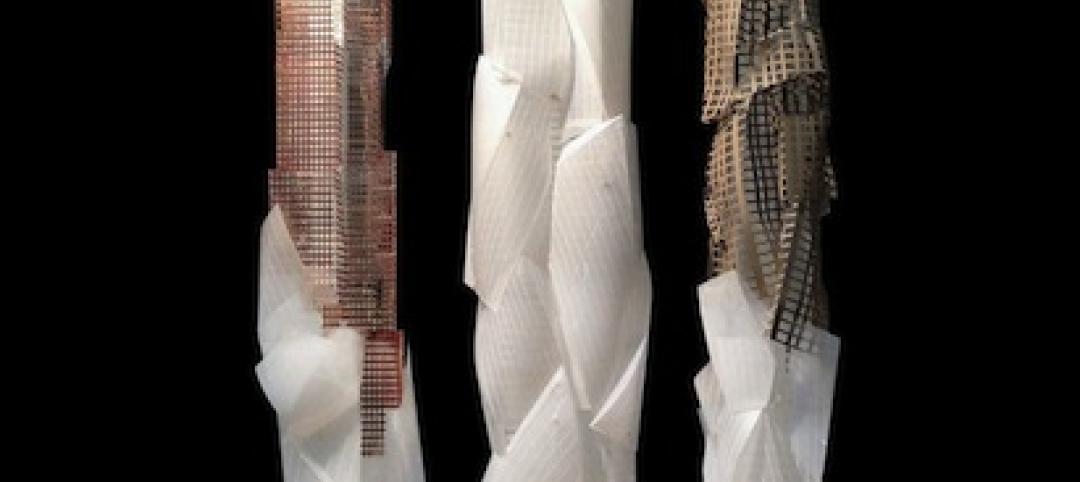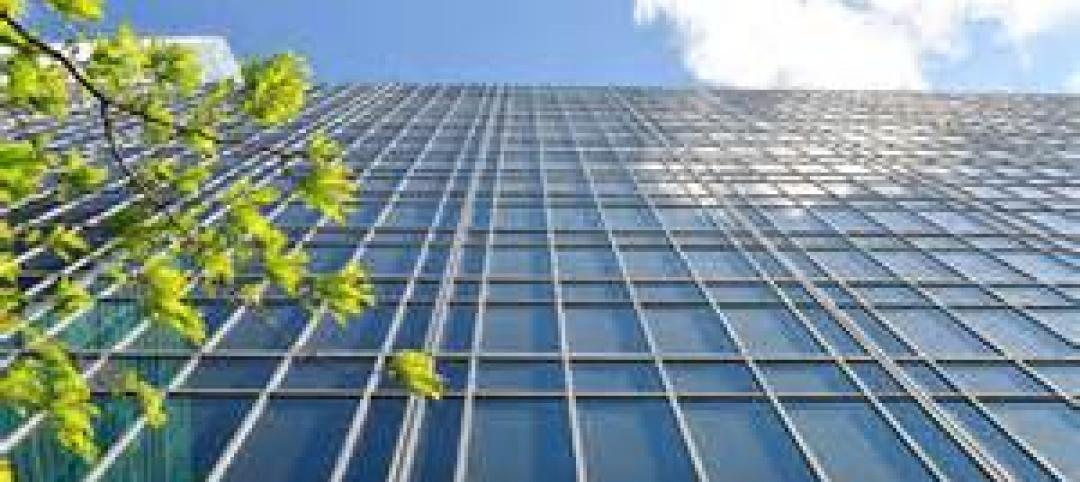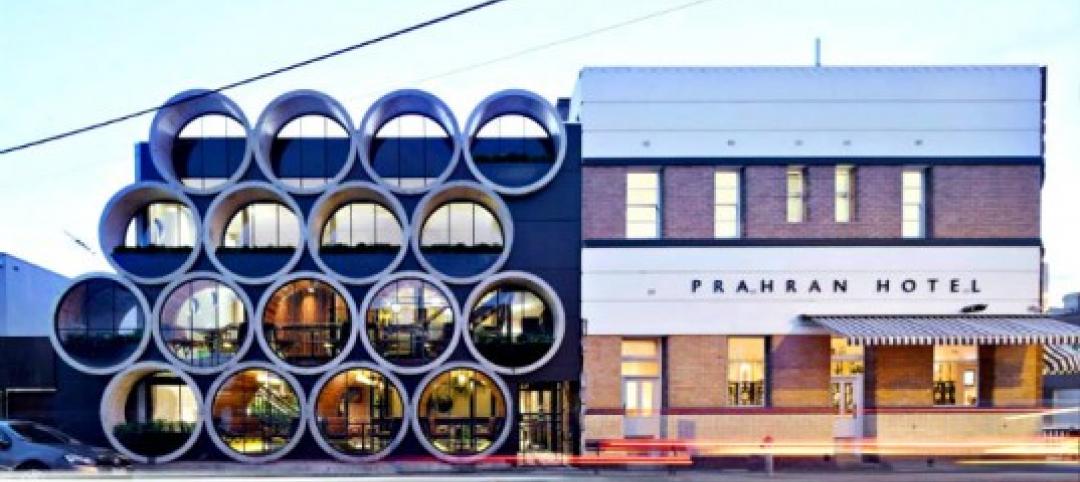An estimated 140 million sf of shopping center space was built in the U.S. between 2002 and 2008, according ChainLinks Advisors’ Fall/Winter 2013 Retail Review & Forecast. Since then, retail construction has slowed, even as the U.S. remains the world’s largest market in shopping center space, accounting for two-thirds of total gross leasable area tracked by Cushman & Wakefield, according to its latest Global Shopping Center Development Report.
Retail net absorption totaled 109.8 million sf in 2014, according to JLL’s Fourth Quarter 2014 Retail Outlook. Last year exhibited the strongest absorption rate since 2008. But deliveries, at 60.6 million sf, still fell well below absorptions. JLL reported that 55% of last year’s construction activity was “general retail,” consisting of single-tenant freestanding general commercial buildings with parking. Shopping centers accounted for 19.2% of retail construction, malls 18.1%, power centers 4.4%, and specialty retail centers 3.3%.
New York, Miami, and Washington, D. C., showed the highest absorption rates and rent growth. Combined, they accounted for more than two million sf of storefront construction, or about 7% of the U.S. total last year.
Retailers could be doing a better job of meeting customer expectations. The latest American Customer Satisfaction Index, based on surveys of 70,000 customers, found that all retail categories, with the exception of online retail, showed weakening or flat customer satisfaction in 2014.
JLL cites a report by the Royal Bank of Canada and Retail Lease Trac, which estimates that U.S. retailers in RBC’s database plan to open a total of 77,547 stores over the next two years. Some of these stores might end up replacing retailers commonly found in malls that have announced hundreds of store closings, including Macy’s, JC Penney, and Sears, as well as Radio Shack and Wet Seal, both of which have filed for bankruptcy protection.
Retailers could be doing a better job of meeting customer expectations. The latest American Customer Satisfaction Index, based on surveys of 70,000 customers, found that all retail categories, with the exception of online retail, showed weakening or flat customer satisfaction in 2014.
Nordstrom, which is among the handful of retailers that mall developers covet most as anchors, registered the highest satisfaction index—86—of any brick-and-mortar dealer tracked, matching Amazon.com’s 86 index. However, department and discount stores registered their lowest index since 2007. ACSI data show that customers were dissatisfied with their layouts, cleanliness, inventory availability, and speed of checkout.
JLL suggests that malls and shopping centers are more effective as destinations when their tenant mix appeals to customers’ lifestyles beyond shopping and includes fitness centers, gourmet cooking shops, and sustainable-product options.
The success of any mall redevelopment hinges on the appeal of its tenants. JLL singles out Nordstrom, Neiman Marcus, and fashion retailers H&M and Forever 21 as “huge draws.” It also notes that entertainment is “essential” to injecting “new vitality” into a shopping center. This can include casual restaurants like Chipolte or Smashburger, luxury movie theaters like iPic, or specialty big boxes like Dick’s Field & Stream.
JLL recommends that as malls reinvent themselves, they should add more green space, lounging areas, and free WiFi. Technology tools like beacons (see www.BDCnetwork.com/beacon) can help a retail center connect more directly with customers. “By tracking the location of shoppers and interacting with them through their mobile devices, landlords and retailers gain greater control over the timing and customization of their marketing messages,” says JLL.
Related Stories
| Jul 8, 2013
RSMeans cost comparisons: offices, daycare centers, convenience stores, fast food
Construction market analysts from RSMeans offer construction costs per square foot for offices, daycare centers, convenience stores, fast food.
| Jul 3, 2013
World's biggest freestanding building opens in China
Measuring a stout 100 meters high, 500 meters long, and 400 meters wide, the New Century Global Centre in the Tianfu New District of Chengdu, China, is officially the world's largest freestanding building.
| Jul 3, 2013
Mall of America will double in size after $2.5 billion expansion
The nation's largest indoor mall will undergo a $2.5 billion, 10-year expansion project that will add attractions like an NHL-sized skating rink and an indoor water park.
| Jul 2, 2013
LEED v4 gets green light, will launch this fall
The U.S. Green Building Council membership has voted to adopt LEED v4, the next update to the world’s premier green building rating system.
| Jul 1, 2013
Report: Global construction market to reach $15 trillion by 2025
A new report released today forecasts the volume of construction output will grow by more than 70% to $15 trillion worldwide by 2025.
| Jun 28, 2013
Building owners cite BIM/VDC as 'most exciting trend' in facilities management, says Mortenson report
A recent survey of more than 60 building owners and facility management professionals by Mortenson Construction shows that BIM/VDC is top of mind among owner professionals.
| Jun 26, 2013
Commercial real estate execs eye multifamily, retail sectors for growth, says KPMG report
The multifamily, retail, and hospitality sectors are expected to lead commercial building growth, according to the 2013 KPMG Commercial Real Estate Outlook Survey.
| Jun 25, 2013
Mirvish, Gehry revise plans for triad of Toronto towers
A trio of mixed-use towers planned for an urban redevelopment project in Toronto has been redesigned by planners David Mirvish and Frank Gehry. The plan was announced last October but has recently been substantially revised.
| Jun 17, 2013
DOE launches database on energy performance of 60,000 buildings
The Energy Department today launched a new Buildings Performance Database, the largest free, publicly available database of residential and commercial building energy performance information.
| Jun 7, 2013
Must see: Building façade made of massive concrete drain pipes
Looking to create a unique atmosphere using natural materials for the Prahran Hotel pub near Melbourne, local architect Techné Architects cleverly incorporated a series of concrete sewer pipes into the building's main façade.


